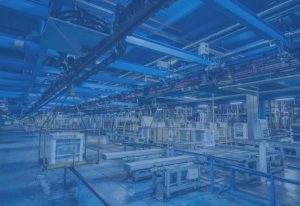
Enterprise Resource Planning (ERP) is a software system designed to help businesses manage their core business processes, including financial management, human resources, manufacturing, supply chain management, customer relationship management, and more. An ERP system integrates these disparate functions into a single system, allowing companies to streamline operations, reduce costs, and improve overall efficiency.
Here are some of the key modules and functionalities typically included in an ERP system:
- Financial management: This module includes functionalities such as accounts payable, accounts receivable, general ledger, billing, and budgeting. It allows businesses to manage their financial transactions, generate financial reports, and track expenses and revenues.
- Human resources management: This module includes functionalities such as payroll, benefits administration, recruitment, training, and performance management. It allows businesses to manage their employee data, automate HR processes, and optimize workforce productivity.
- Manufacturing management: This module includes functionalities such as production planning, scheduling, inventory management, and quality control. It allows businesses to manage their manufacturing processes, optimize production, and reduce waste and costs.
- Supply chain management: This module includes functionalities such as procurement, inventory management, order management, and logistics. It allows businesses to manage their supply chain processes, optimize inventory levels, and reduce lead times.
- Customer relationship management: This module includes functionalities such as sales automation, marketing automation, and customer service. It allows businesses to manage their customer interactions, automate sales and marketing processes, and improve customer satisfaction.
- Business intelligence and analytics: This module includes functionalities such as reporting, dashboards, and data analytics. It allows businesses to analyze and visualize their data, gain insights into their operations, and make data-driven decisions.
An ERP system can be customized to meet the specific needs of a business, with different modules and functionalities added or removed as necessary. By implementing an ERP system, businesses can improve their operational efficiency, reduce costs, and gain greater visibility and control over their business processes.





